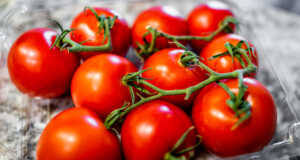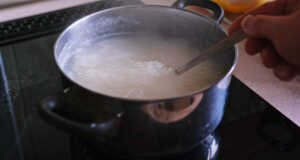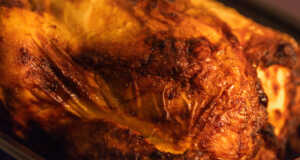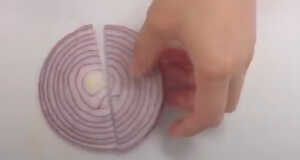Salt is one of the most essential items to keep in your kitchen. It is almost impossible to enjoy a good meal without it. Salt crisps our food, adds flavor, and can also help us to bring out the true sweetness of our desserts. However, there are many people who are unaware of the importance of timing. There are right ways to use the spice and there are wrong ways to use it.
Are you adding your salt before the meal is prepared or do you add the salt during the process? Some might even decide to add the salt after. As it turns out, the timing actually matters and America’s Test Kitchen is here to help. They have done the research so that you can learn more about the best times to add your salt. America’s Test Kitchen whipped two batches of beef stew so that they could test out different methods.
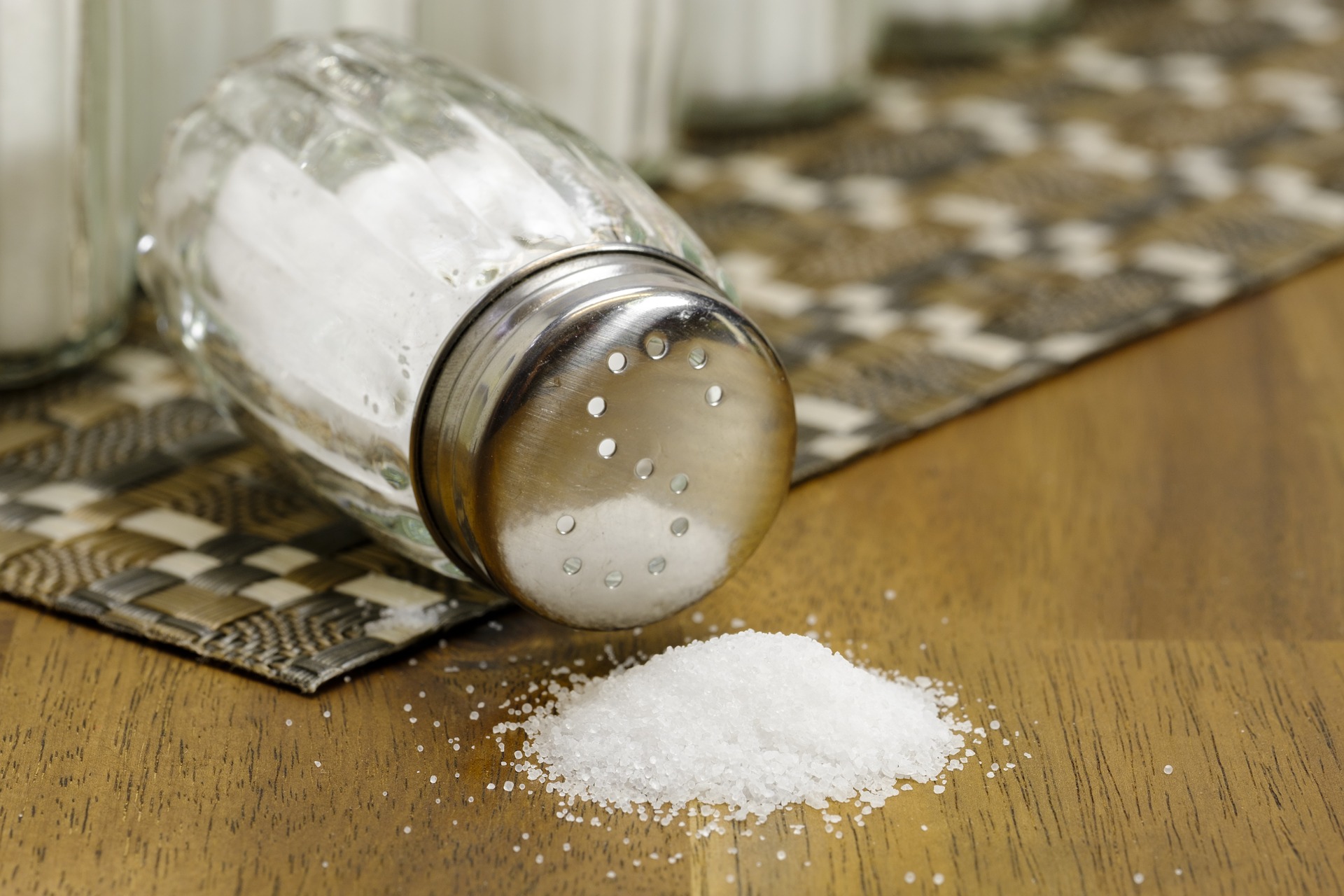
One added salt at the beginning. The carrots and beef are given a salt rub, while the broth is also given an added pinch. The results were not hard to predict. The other batch of beef stew received all of its salting at the end. When we wait until the end, we are not doing ourselves any favors whatsoever. You’re just making the food taste way too salty.
By adding the salt early, you are able to avoid these sorts of problems going forward. The beef is far more tender, the carrots are perfectly roasted, and the stew is much less salty to the taste. No one wants to eat a dinner that is going to send their sodium levels through the roof. Salt penetrates the colder foods more slowly, so this is something that we chefs have to remember.
If you’re seasoning cold meats or vegetables, you’ll want to give yourself a 24 hour grace period. The more time you give the salt to fully penetrate the foods, the tastier they are going to bed. Thanks to the good folks at America’s Test Kitchen for taking the time to test this out. We have been guessing about the right times to add salt, sad as it is to say.
Check out the test they did on video, and their explanation of why it works like this, according to science.



